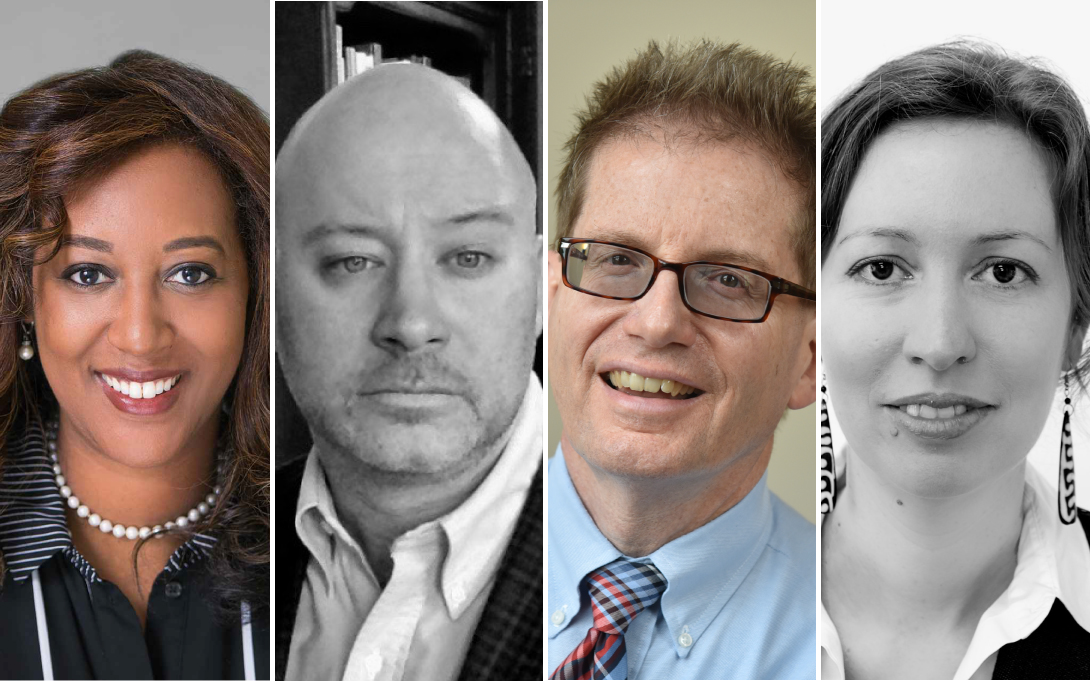
Ford School Currents: Perspectives from students, faculty, and alumni
Dr. Menna Demessie (PhD ‘10) is the senior vice president of policy analysis and research at the Congressional Black Caucus Foundation, which advances research and policy that affects the global Black community.
“For those of us who do the work of analyzing the impact that social movements have on policy, we understand that protest is [intended] to open up avenues for more voices to be included in our democracy. Young people are often stereotypically charged as naive and inexperienced. But you can look at some of the great actors in protest politics….These folks started at very young ages and were able to change the political climate. (A) lot of us can recognize (that) in the current Black Lives Matter movement.”
Peter Martel (PhD candidate) is the Ford School’s union steward for the Graduate Employees Organization (GEO), which struck in September, demanding that the U-M make strides on public health and racial justice.
“This isn't just a few radicalized students ...There was a broad base of support for this [across the university], and we knew what we were up against….Democracy is a clunky drawn out process, but it is a good process. We need to give voice to people who are often left out...Where the majority rules, the minority are left without rights.”
Porter McConnell (MPP ‘05) is the campaign manager for Take on Wall Street, a coalition seeking to build a more just financial system.
“One of the reasons I really love issue campaigning is that we will make common cause with anyone who is willing to advocate for the issue….Neither party has anything to be especially proud of when it comes to Wall Street accountability….The only thing that stays the same in this work is that a good brainstorm is well-received and having all the players at the table, including people who are affected, makes for a better, more creative process, and makes you do things that are more likely to bear fruit.”
Professor Barry Rabe is the J. Ira and Nicki Harris Family Professor of Public Policy at the Ford School. He speaks about which regions are taking strong policy action as extreme climate events become more common.
“Exhibit A right now across the entire world would probably be the member states of the European Union. This is being matched in other places around the world, including some nations in Asia. One of the laggards remains the United States. What truly remains to be seen is if the recent movement and surge of interest in global warming in the U.S. [due to climate events] … can translate into policies that can be adopted and then implemented over time.”
Below, find the full, formatted Fall 2020 edition of State & Hill.
Click here to return to the Fall 2020 S&H homepage.